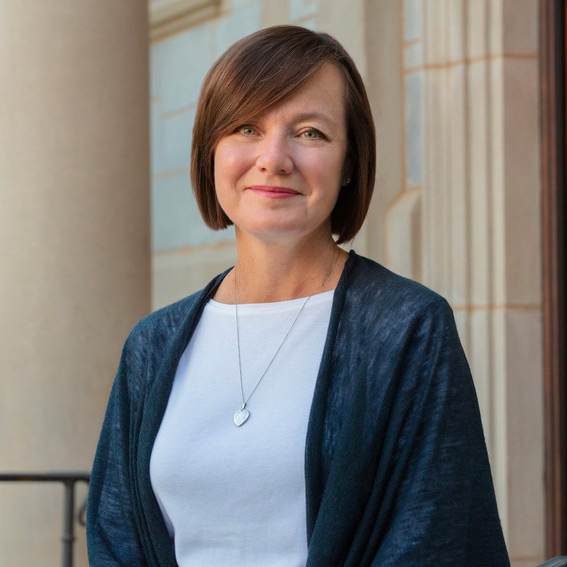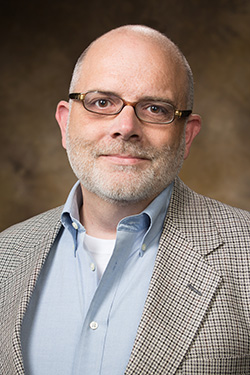Grad School

Grad School in the Humanities and Social Sciences/HNRC300VH-023-SPP
Mondays, 3:00-5:00, First Eight Weeks, Fall 2021, GEAR 243
There is no application required for this course.
Questions?
Contact
John Treat
.
Have you wondered whether graduate school is for you? If so, are you unsure what type of program is a good fit for your goals? Have you wondered how to tackle the application process?
If so, this one-hour forum will answer many of your questions. Meeting for two hours each Monday for the first eight weeks of the semester, the first half of Grad School will walk you through decision making about whether graduate school is for you and what type of program is a good professional fit. The second half of the course will take you through the graduate application process in the humanities and social sciences, covering how to prepare your CV, write a personal statement, prepare a writing sample, and get good references. You should leave this course feeling informed about your future academic plans and reassured that you have a solid start on your graduate school applications. Your instructors will be Jim Gigantino, professor of history and associate dean of the graduate school and Louise Hancox and John Treat of the Honors College Futures Hub.

About the instructors:
Jim Gigantino became an Associate Dean of the University of Arkansas Graduate School & International Education in January 2021. He joined the University in August 2010 as an Assistant Professor. He was promoted to Associate Professor in July 2015 and Full Professor in July 2019. He has served as History Department Chair (2018-2021), Associate Chair/Director of Graduate Studies (2015-2018), and in numerous faculty governance roles across campus.
Gigantino is an early American historian. His first book, The Ragged Road to Abolition: Slavery and Freedom in New Jersey, 1775-1865 (University of Pennsylvania Press, October 2014) focuses on how northerners successfully extended slavery in the aftermath of the American Revolution. His second book, William Livingston’s American Revolution (University of Pennsylvania Press, October 2018) uses the life and experiences of William Livingston, New Jersey’s first governor, to explore the role of revolutionary government under fire and the dynamic relationship between mid-level administrators like Livingston, the national government, and average Americans. He is also the editor of Slavery and Secession in Arkansas: A Documentary History (University of Arkansas Press, August 2015.

Louise Hancox, director of career innovation for the Honors College, helps students create their “first professional self" by finding opportunities to expand their resumes outside of the classroom.
Her position calls for collaboration throughout campus: she draws upon resources from the Career Center, the Office of Entrepreneurship and Innovation, as well as those in the individual colleges to ensure that honors scholars are prepared for and can communicate their value in the twenty-first century workplace. She has helped coordinate the Entrepreneurs honors forum taught by Walton College Dean Matt Waller, and continues to partner with Walton College and the College of Engineering to produce more innovative honors courses, fostering strong pipelines between innovators, entrepreneurs, and honors students.
Hancox was born in England and grew up in Canada. She obtained her Bachelor of Arts at Queen’s University in Kingston, Ontario, and her MBA at York University in Toronto. She recently completed her Ph.D. in American history and visual culture here at the University of Arkansas, where her dissertation revolved around an iconic painting, The Arkansas Traveler. She was able to use this research to curate an exhibit for the Crystal Bridges Museum of American Art. Before her time at the University of Arkansas, Hancox served as a logistics coordinator, a demand planning and project analyst, and a principle consultant in Chicago, Illinois.

John Treat serves the Honors College Futures Hub as director of interdisciplinary and curricular learning and teaches various honors courses in the humanities and professional development. Treat gained an extensive background in pedagogy and in program planning and evaluation from his work as a program and advancement staff member with the American Friends Service Committee (AFSC) in Boston and Philadelphia. In his years in Boston with AFSC, he was the coordinator of an innovative graduate internship program with Harvard Divinity School.
Treat is currently working on a book from his doctoral dissertation, which traces the ways secret societies shaped the conversation around race and citizenship in the U.S. in the years between the Civil War and the Great Depression. He earned a bachelor’s degree from Lyon College, where he was a student in the Honors International Studies Program and holds a Master of Divinity from Harvard Divinity School with concentrations in public policy, program administration and New Testament. After many years in the NGO world, he completed his Ph.D. in U.S. history from the U of A, where he was a Distinguished Doctoral Fellow. He is a sixth-generation Arkansawyer from Searcy with deep Ozark roots.